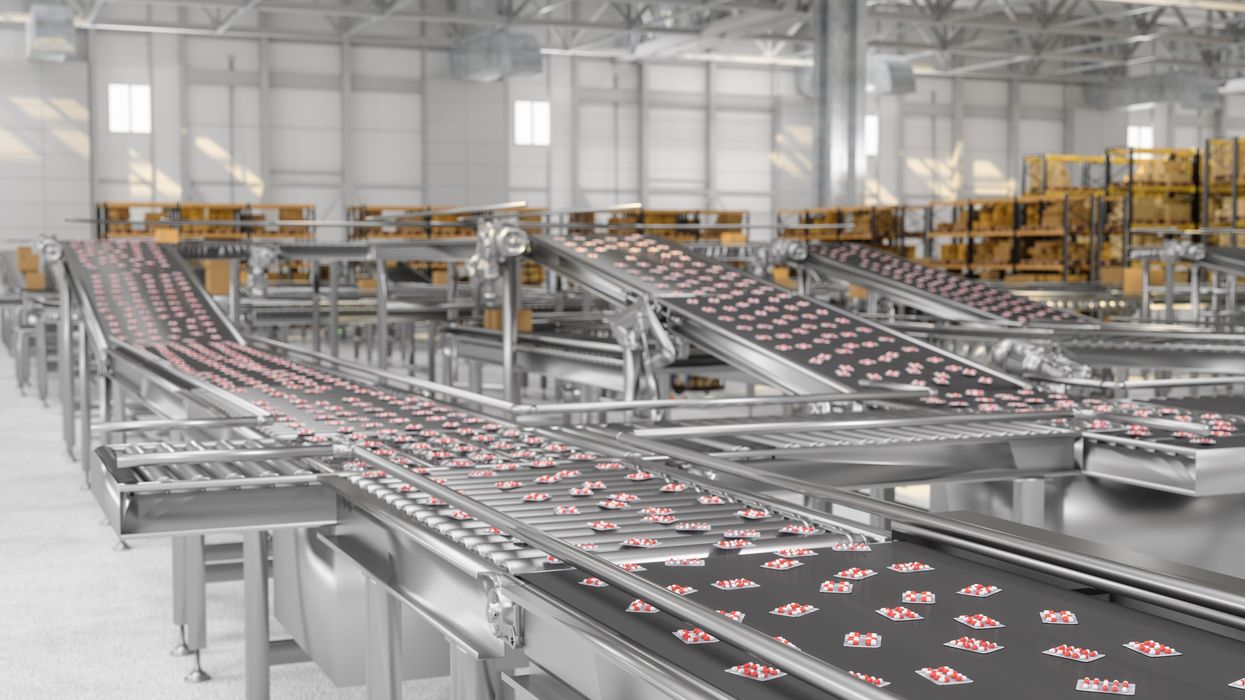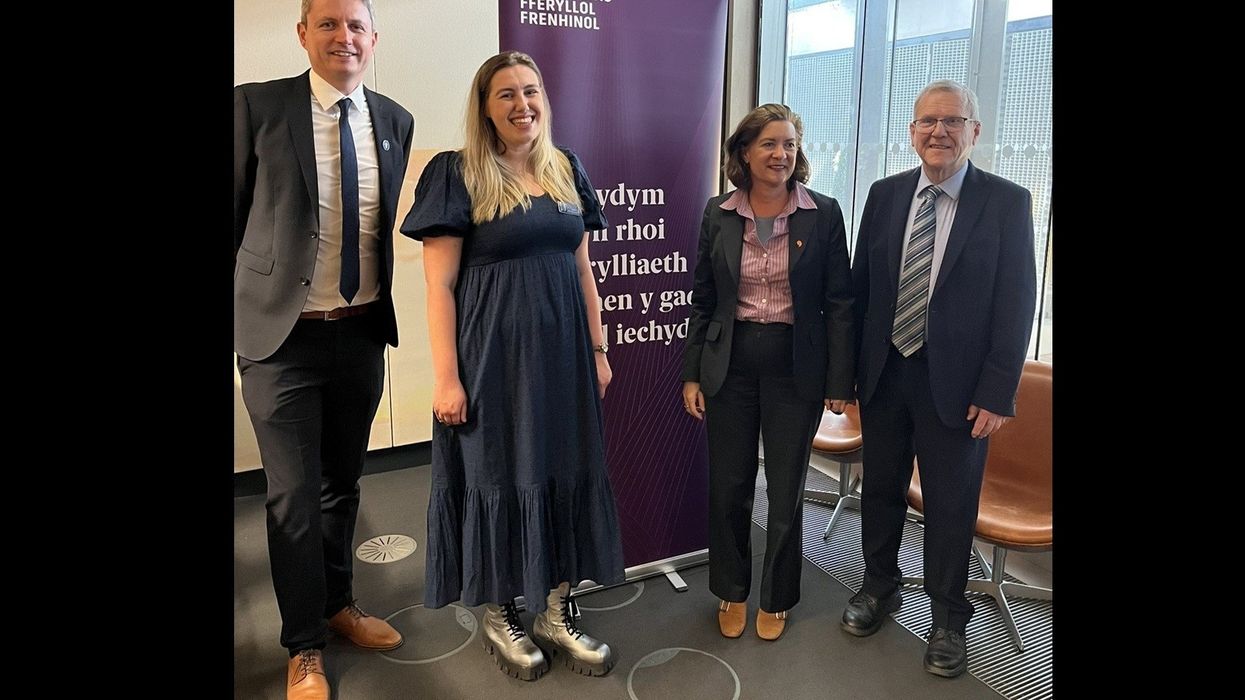Health and Social Care Secretary Matt Hancock published a country-wide plan on Friday (April 10) to ensure that critical personal protective equipment (PPE) is delivered to those on the frontline responding to Covid-19 crisis.
The three-strand plan will provide clear guidance on who needs PPE and when they need it, ensure those who need it can get it at the right time and set out action to secure enough PPE to last through the crisis.
A full, military operation is already underway to deal with the unprecedented, global demand for PPE as a result of the pandemic.
A new national supply and logistics network has been created from scratch in a matter of weeks to manage supply and demand across the UK, and to make sure appropriate PPE reaches those who need it.
A new website, developed with the help of the military, is being rolled out in the coming weeks to improve distribution and will enable primary, social, and community care providers in England to order critical PPE.
In addition, a new hub will provide easy access to all the government’s guidance on PPE in one place - a one-stop-shop people can visit to understand what PPE they need.
This is in addition to a 24-hour helpline which already allows providers to request emergency drops of PPE to meet immediate need.
Hancock said: “I will stop at nothing to protect those on the frontline who are fighting this virus.
“Our heroic health and care staff are working around the clock and my absolute priority is to support them. Our new online ordering tool for PPE is supported by a 24/7 national supply and logistics network.
“There is a herculean effort behind the scenes, supported by the military, to get the right kit to our frontline heroes. These new supply chains, matched with a call to arms for more businesses and organisations to join this national effort, will help save lives.”
Since the beginning of the Covid-19 outbreak, over 761 million items of PPE have been delivered across the UK to 58,000 different settings including hospitals, hospices, care homes, home care providers, GPs, pharmacists and dentists. This includes 158 million masks, 135 million aprons and 360 million pairs of gloves.
The plan also emphasises the need to ramp up domestic production of PPE.
The government is calling on industry to join forces to manufacture more protective equipment to support the national effort.
Already companies such as Burberry, Rolls-Royce, McLaren, Ineos and Diageo have started work to produce equipment including gowns, visors and hand hygiene products.
Critical PPE guidance has also been published for cleaners, funeral directors and first responders. Beyond these roles in settings including supermarkets and public transport, the clinical evidence, which is kept under review, does not suggest widespread benefit from wearing PPE over and above social distancing, social isolation and good hand hygiene.
In addition to this a new dedicated team has been set up to focus on securing supplies and identifying PPE suppliers from across the globe to meet the increasing demand for a growing list of products, with a call to arms to businesses to turn their manufacturing efforts to this response to meet technical specifications published by government.
Businesses and organisations including Kingfisher Group, Apple, Huawei and BP have also stepped up to the plate to generously offer their own PPE for use by the NHS and public organisations.

















